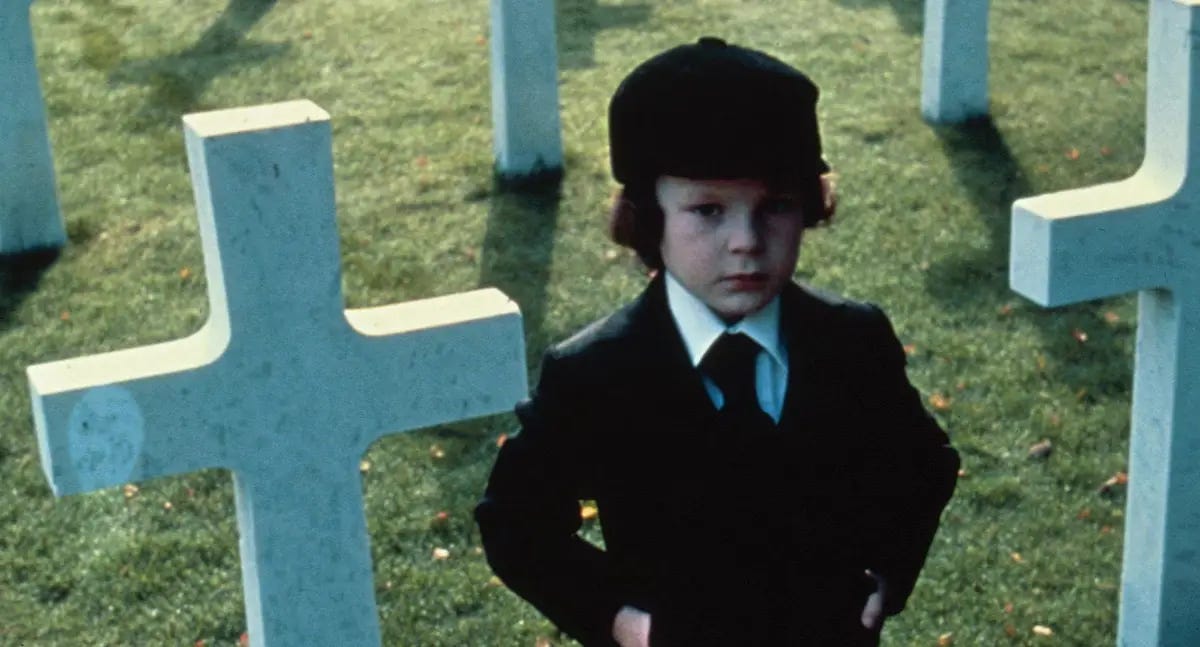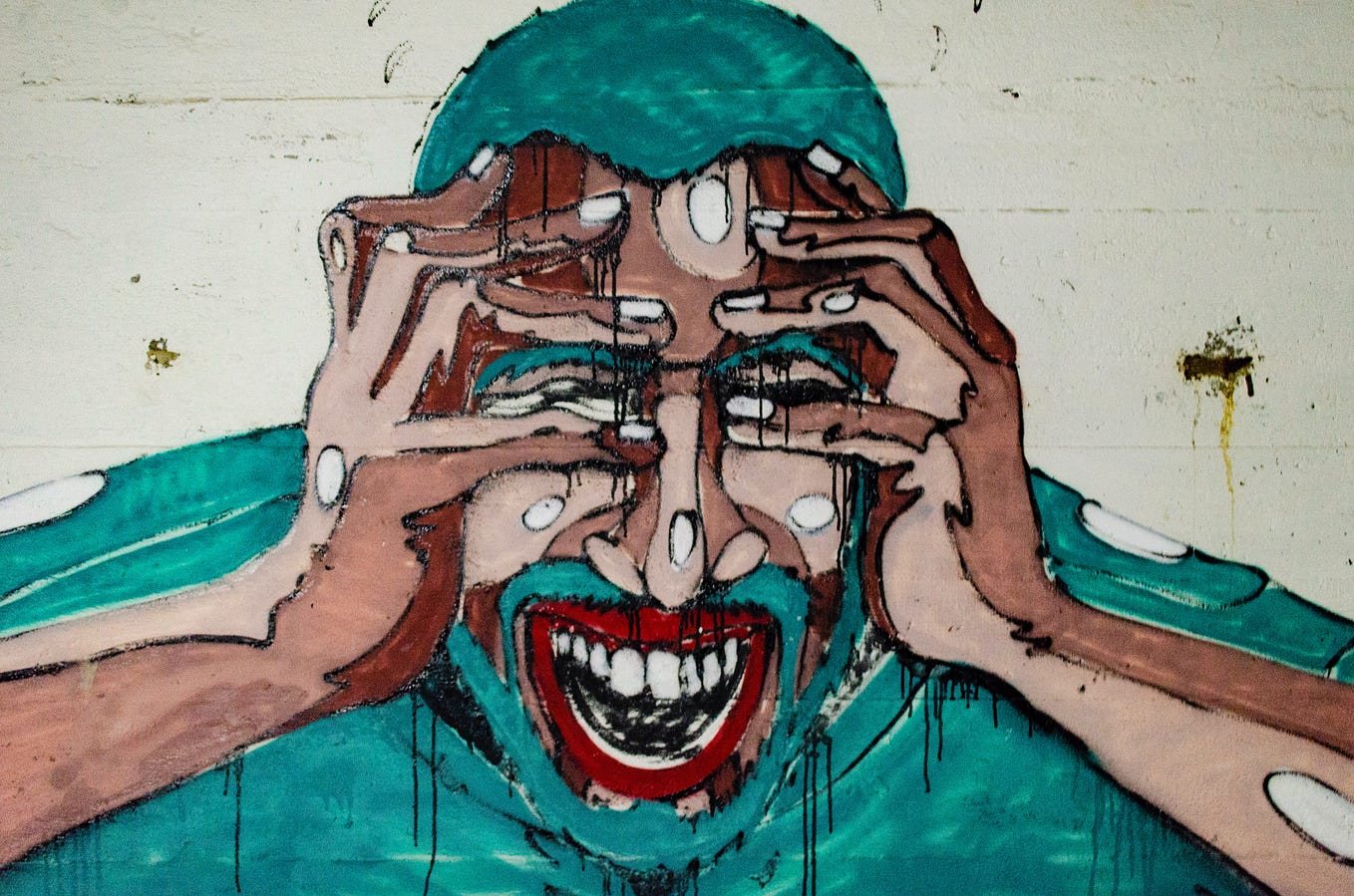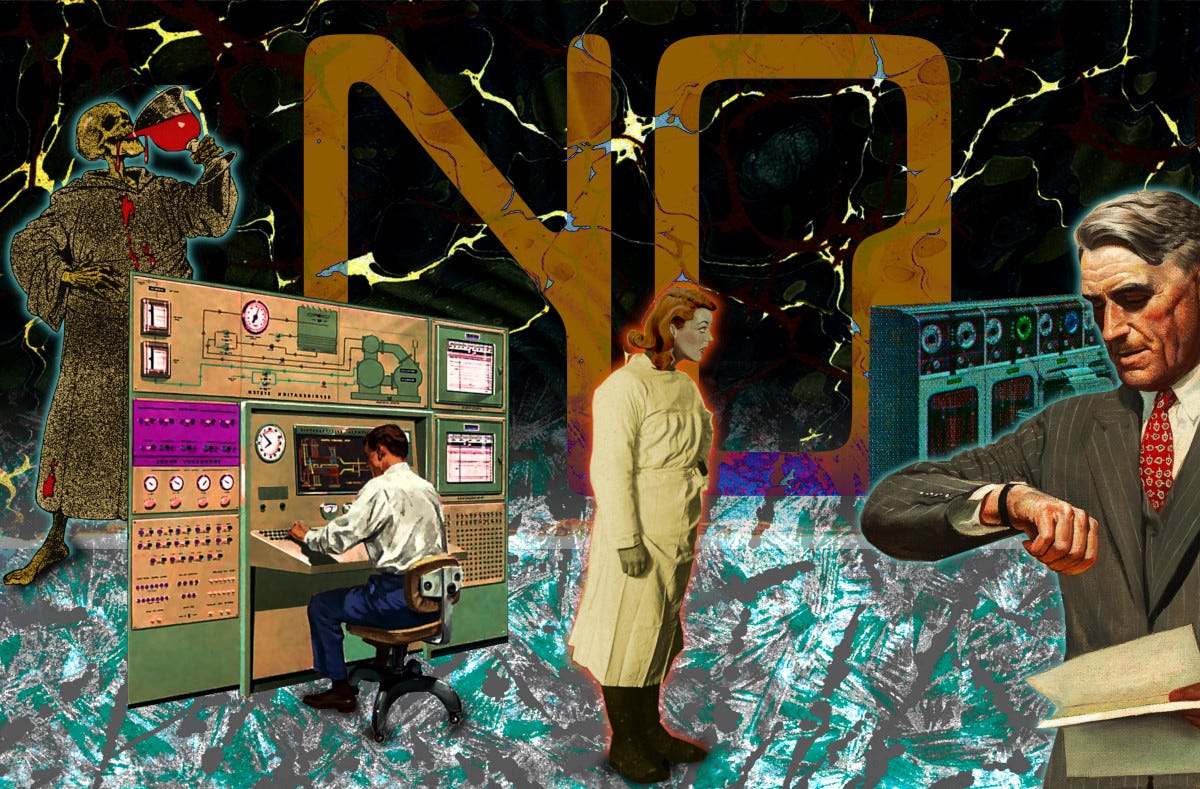Everyone Is The Parasite In The Movie ‘Parasite’
The haves and the have nots have more in common than they think
The movie Parasite deserves its four Oscar wins, including a historic first — a foreign language movie had never won Best Picture before. It is currently streaming on Hulu if you haven’t seen it.
Yes, there are subtitles. But a little reading never hurt anybody. The point is every American should watch it because it’s a movie about the haves, the have nots, and the have nothings. In this country, at least, those three are all in a row on their knees, attached to one another like a human centipede.
I personally found it to be both visceral and cerebral — it punches you in the gut while you’re watching and then kicks you in the brain a few days later.
But fair warning: Parasite is a mouthful. It’s a lot. The movie is a hearty stew of genres: satire, domestic drama, tragedy. Parasite is a con artist comedy and a brutal class war movie. This can be overwhelming for Americans, I think, who like their movies cut into tidy slices: a romantic-comedy is just that, romance and comedy. A drama is clenched jaws and eyes filled with tears and passionate speeches. Horror is blood splatter or spooky children. Parasite is all of these things and lovingly insists you chug it all down at once, in one big gulp.
But what makes Parasite a very special movie is director/writer’s Bong Joon-ho’s commentary on capitalism. Parasite is a movie about greed, ambition, and rot. If each of the world’s capitalist countries were a sparkling white tooth, they’d each need a root canal.
Joon-ho has his cake and eats it, too. Parasite has made over $200 million at the box-office. It’s a smash hit but a soulful one. The movie has integrity. It’s an unlikely blockbuster about the unfairness of modern life. How the clever are broke and the boring are wealthy. Magnificent houses sit on hills but there is always a lower depth.
The primary middlebrow film snob question about Parasite is, simply, who is the titular parasite? And the answer is likewise simple: every character in the movie is a parasite.
The Kim family — who eke out a meager existence while living in a small semi-basement apartment — are parasites. Noble father Ki-taek, charmer son Ki-jung, wily Chung-sook the mother, and Ki-woo, the brilliant sister. These four are smart and resourceful and in a true meritocracy, they’d be upwardly mobile. But despite their talents, they are forced to exploit whatever opportunities present themselves and attaching themselves to a wealthy family turns out to be too lucrative to pass up.
The other family in this upstairs/downstairs story are the Parks. The father and mother are nice but kind of dim, as if their privilege manifests as a pleasant-smelling fog they can stumble around in without any of fear of pain or injury. Their daughter, who is tutored by Ki-woo, is likewise unaware of the world outside their fashionable mansion. The Parks family are parasites, too. They cannot exist without the help of other people. In order to survive, they need doting housekeepers and private drivers and specialized teachers. One of the cons the Kims pull on the Parks is sister Ki-Jung passing herself off as a quirky art therapist who sees talent in the Parks’ son, when there is clearly none.
There is a scene where Mrs. Parks tells her housekeeper — the Kim family’s fast-thinking matriarch — to make her a midnight snack after a rainstorm ruins a family trip. She asks for a dish she invented — a combination of cheap instant noodles and expensive Korean beef — that she calls ‘Ram-Don.’ One is comfort food, the other a status symbol. The two do not mix. It is a gauche pairing. I don’t know if this hints at Mrs. Park’s humble upbringing or not. But one thing is for certain and that’s you are what you eat.
Parasite starts with laughter as the Kims plot how to soak the fatcat Parks and ends with blood and destruction. It’s a uniquely South Korean story —a successful country separated for decades from an aggressive communist sibling to the north by barbed wire, rifles, and landmines. But it also speaks to so many other nations, like ours. It’s impossible to watch this movie and wonder who lives in America’s secret basement bunkers.
Everyone is the parasite in Parasite the way everyone is a parasite in the modern world. We feed on each other until one of us is fat, and the other a husk, and then we switch off. The rich eat the poor. The old eat the young. The arrogant eat the meek. The wicked eat the merciful. In the belly of the President of the United States sits a tapeworm hungry for praise and power, and more, more, more.
Money is the nation’s blood and we are weaned on it from infancy. Every American is a born sucker. They say money doesn’t buy love but it comes real close. Even better, money buys penthouses. Money buys a life free from fear. It buys recreational MRI machines. If you’re a billionaire you live a life of luxury that would make the Pharaohs of old say “Wow.” But most of all, the modern rich are able to afford to live in a fake reality where their vast fortunes were somehow earned and the poor are moral failures who deserve their destitution.
This is just a high-end hallucination. A delusion with a hefty price tag. Here’s the reality: Capitalism is a stack of pancakes only they’re not pancakes, they’re leeches.










